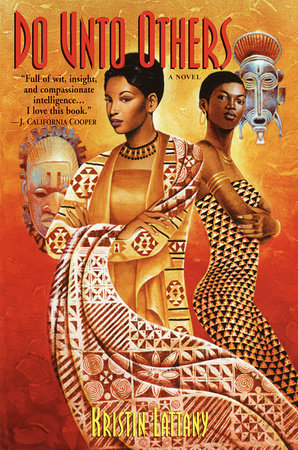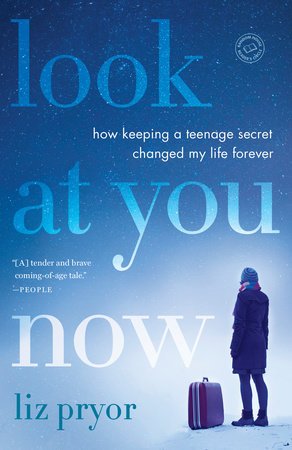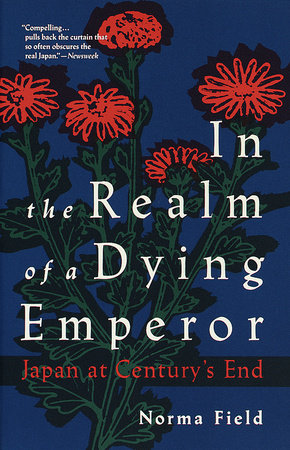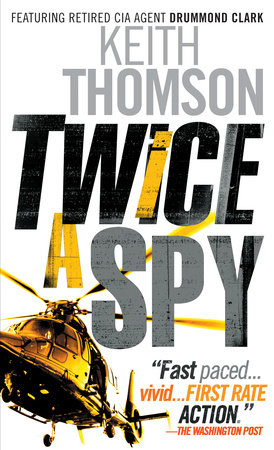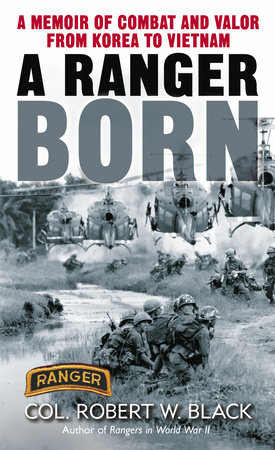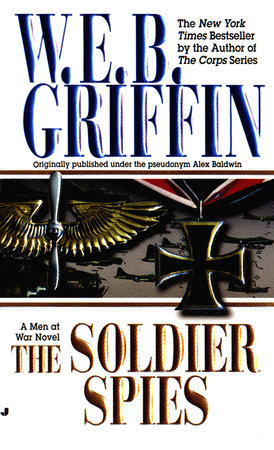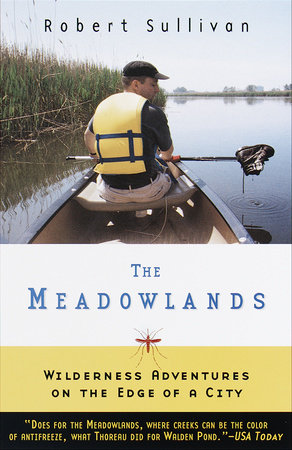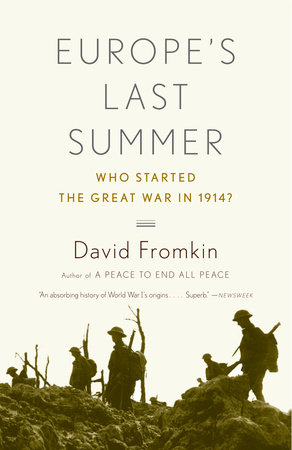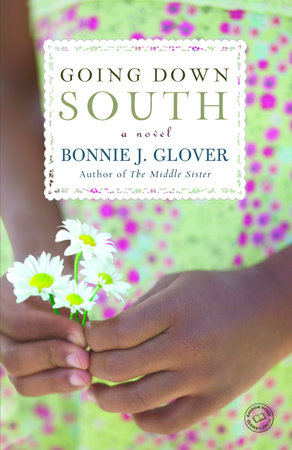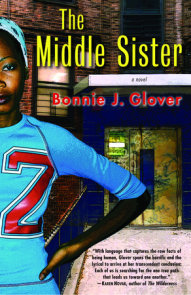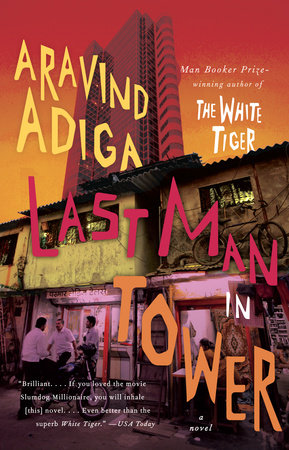Author Q&A
A Conversation with Bonnie J. Glover
Bonnie J. Glover and Barb Kuroff first met in 1999 at the Florida Suncoast Writers’ Conference in St. Petersburg, Florida, when Ms. Kuroff was a senior editor at F & W Books. They have been friends ever since.
Barb Kuroff: What was your inspiration for writing this book?
Bonnie J. Glover: A number of years ago I read Bastard Out of Carolina by Dorothy Allison. It is a beautiful book, masterfully written, about a woman who has to make some of the same choices Daisy Stone has to make about the man in her life and about her child. While reading Bastard Out of Carolina, I thought about how different women may make different decisions, depending on an infinite number of variables. I wondered what would happen if I wrote about a character with challenges similar to those of the mother in Allison’s novel, but who handled things in another way. I knew that the themes of motherhood and choice were going to figure in Going Down South, but I didn’t know exactly how the novel was to come together.
BK: How important is setting in Going Down South?Why did you choose to move the story “down south”?
BG: Many families in the late 1950s and 1960s were faced with the same type of dilemma as the Stones faced in Going Down South: what to do with a pregnant child? The stigma was very real, even in the so-called liberal cities such as New York and especially in communities such as the one Olivia Jean grew up in where people know one another and looked after children in the neighborhood. In those days, families oftentimes did ship their daughters to relatives “down south” until after the baby arrived. Then the baby was “adopted” by another relative, and the actual birth mother was treated as a sibling, an aunt, or a cousin. There were also “homes” for unwed mothers, but those were often expensive and beyond the reach of black families.
So Olivia Jean is forced to leave the environment that she knows well and the likely censure of her northern community for a supposedly safer home in Cold Water Springs, Alabama. In essence, Olivia Jean moves down south because many of her contemporaries would have done the same thing if they had unplanned, out-of-wedlock pregnancies.
BK: Going Down South deals with some weighty themes, including sexism, racism, abortion, and rape. What would you say is the overall theme in Going Down South and why?
BG: While all of these themes are important, I believe that Going Down South is about the ties that bind us to our children. If we are committed parents, we make sacrifices. And a piece of paper doesn’t guarantee continued love. If that were the case, couples would be scrambling to get that paper. I wanted to show how the weight of all of the problems that people experience in the real world will affect the family structure. These problems may even destroy the unit that is in place. Or the family may be resilient enough to survive, albeit in some mutated fashion.
BK: Do you have a favorite character in the novel?
BG: I like all three of my main female characters for different reasons. Olivia Jean is gutsy: She doesn’t know what she’ll have to face being a single mother in a very repressive society, but she’s willing to take the chance. Daisy is realistic: She makes the same choice as her daughter but uses a man to bolster and take care of her. And then there is Birdie. Perhaps she makes the most difficult choice of the three women– sleeping with the enemy in plain sight–and gets punished over and over for her transgressions. So I would probably say that Birdie is my favorite character. In many ways she is the strongest, and yet she is also the most joyous.
BK: Are any of the characters in Going Down South based on real people? Which character do you identify with most closely?
BG: I think, in a lot of ways the characters in Going Down South are bits of women whom I have known over the years. I am always looking at people and how they interact, especially with their children. I have seen a lot of mothers like Daisy, who have a difficult time parenting when there are other issues intruding in their lives and perhaps even overwhelming them. People with Birdie’s disposition are rarer, but I have come across some women who have a joy in their hearts that isn’t mitigated by the wear and tear of life. And I have met a great many Olivia Jeans, who need guidance and friends to help them along the way.
I know I said earlier that Birdie was my favorite character, but I actually identify more closely with Daisy. Perhaps a better word for what I feel about Daisy is empathy. She lives in a world that she believes is secure and yet it isn’t; it’s very fragile, and she is holding on by a thread. Her husband haunts the streets; her daughter is pregnant at fifteen. She has to feel that her situation is desperate and that it is, in large part, her own fault. Her initial solution is to send Olivia Jean away and make things right with Turk. She can’t see past the man she married at fifteen to a daughter who needs her guidance. I understand her in a way that perhaps I don’t understand Birdie, who has not let the troubles of her life make her bitter or mean-spirited.
BK: Which character was hardest for you to write?
BG: Daisy was the hardest for me to write. She was almost a blank slate for a long time until I started to understand her motivations. I had to do a great deal of thinking about Daisy and the adversity she must have endured that shifted her mind-set to the point where she was not a very good parent to Olivia Jean. How can you be happy with anyone else if you are not happy with yourself? If you have felt abandoned at every turn in your life, how would you handle a relationship with your child?
Maybe I had to think about Daisy for so long before I was able to shape her because she was the closest to me in age; she had the husband and the teenager. We had so many things in common, and yet her approach to life was different from mine. I had to envision why this was the case. Neither Birdie’s nor Olivia Jean’s lives were as difficult to imagine. They were almost formed from the moment I started to write.
BK: How would you describe the relationship between Birdie and Lupe?
BG: In many ways they don’t have a very complicated relationship. Despite Birdie’s wild character, I think she feels at home with Lupe. And perhaps he’s the type of man she needed after the turbulence of Shorty Long and their ill-fated marriage. A few years ago, Patti LaBelle had a song entitled “The Right Kinda Lover,” and in it she sings, “A good old man, that’s what I got.” To me, that line sums up Lupe. He’s a good man who loves Birdie. And because he loves her, he accepts and loves her family also.
BK: Did you have trouble envisioning a household with three women, since you don’t have any sisters or daughters?
BG: Absolutely not. I have a lot of girlfriends who have sisters and daughters. I love to watch them all interact. One friend of mine, in particular, has three sisters, and while they are often playful and loving, some of the funniest times I’ve been privy to have been when they are in the midst of a family squabble. The scene at dinner where Birdie and Olivia Jean gang up on Daisy so that Daisy leaves the table might have come directly from my friend and her family. Sisters seem able to vanquish one another with folded arms and mean looks. My brothers would have laughed at me if I had ever tried anything like that on them.
BK: Food plays an important role in Going Down South. Do you have a sense of why this is so?
BG: During the 1950s and early 1960s, the dinner table was an important part of American culture, and certainly Southern culture. In Going Down South we see the characters progress from not sharing their meals together to mealtimes becoming a vital focus and revitalization for the family. The preparation and eating of food becomes a foundation from which the women begin to grow their family anew. When Birdie, Daisy, and Olivia Jean finally move into the big house and their meals become more formal, there is a sense that this ritual will continue and that the family will persevere.
BK: The male characters in Going Down South are mostly in the background. Why is this so?
BG: This is a book about women and mothers. Although men play a substantial role in their lives, the book depicts the struggle of these women to find strength in and from one another. Turk features very prominently in the lives of Daisy and Olivia Jean. Shorty Long is a tragic figure in Going Down South. He is a man haunted by the fact that he has to give up the love of his life because he is most interested in saving his entire family. And, of course, there is Reverend Walker, Preston, and Lupe Rawlins. So men are crucial to the novel but remain in the background so that the women protagonists may be more visible and their stories told.
BK: You’ve talked about identifying with Daisy and admiring Birdie. What, if anything, do you have in common with Olivia Jean?
BG: Olivia Jean and I both share the love of reading. When I was younger, there was no better thing for me to do than to put my nose in a book and imagine I was somewhere other than where I was. Now it’s the same thing. I can lose myself in a good book at the drop of a hat. Growing up, the first novel I recall reading was Little Women by Louisa May Alcott. I progressed to Jane Austen, Mark Twain, and, finally, in my early teens, discovered the writers of the Harlem Renaissance. Langston Hughes became my favorite poet, and I spent hours reading his words aloud in a small hallway downstairs that led to the front steps of our two-story apartment building in Brooklyn, New York. I thought I wanted to be an orator, but I couldn’t figure out how someone got paid to make speeches.
Now I read an eclectic mix of writers. I admire Ha Jin immensely for his ability to create a picture with very few words. I believe that Katherine Dunn is a genius; Geek Love is one of my favorites of all time. Zora Neale Hurston was a wonderful talent. I’ve been reading a great deal of Octavia Butler, a writer we lost much too soon, and some short stories of Toni Cade Bambara. I also admire Jamaica Kincaid, Louise Erdrich, and, of course, Maya Angelou.
Reading has helped me broaden my horizons and believe that anything is possible. It does the same for Olivia Jean. Reading makes the unbearable bearable, while putting a taste for a different type of life just beyond reach. It would be fair to say, at least of myself, that reading whetted my appetite for more, which in turn caused so many other wonderful things to happen in my life because I wanted to be fed.



